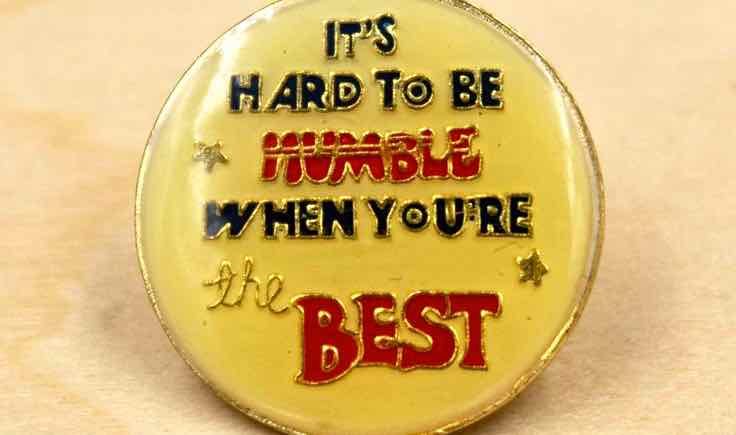
Do you think power corrupts people? And, if you yourself are a manager with some power, have you ever used this power to try to seize advantages? These questions may appear odd, but will be explained in a moment…
In a survey presented last year by Harvard Business School Review, 195 top managers in global organisations in 15 different countries were asked to list the leadership competencies they considered the most important ones to create an efficient organisation. In first place, with a bit of a landslide victory, came having high ethical and moral standards, followed by competencies such as providing goals and objectives, communicating clearly, having the flexibility to change one’s opinions…
Other similar surveys point in the same direction – ethical and moral standards are considered very important by today’s corporate leaders. And yet, on an almost daily basis, we hear about CEOs, politicians and other celebrities having tampered with their tax returns, their accounts and receipts, having used their company business cards for private purchases, or other ethically and morally questionable activities. We hear of top corporate leaders hiding away millions in offshore tax havens. Is it legal? Probably. Ethically and morally acceptable? Hardly.
’But’, you might think, ‘surely this only concerns those at the top of the food chain?’ Well, actually this could potentially be true of you and me too (even if we might not have millions to stash away). According to research, as soon as we acquire some power, we risk becoming selfish, impulsive and even a little nasty sometimes.
Dacher Keltner, Professor of Psychology at the University of California, Berkley, has spent more than 20 years studying how power affects us. In one of his many research projects, a number of research subjects were asked to solve a relatively menial task. The subjects were divided into groups of three and one in each group was randomly appointed the manager of the group. After they had been working for a while, a plate of biscuits was brought in for them. As there were three people in each group, there was of course one biscuit left when everyone had taken a biscuit each. So who do you think took the fourth biscuit?
In most of the groups, the ”boss” grabbed the last biscuit. The explanation, according to Dacher Keltner, is that the feeling of power affects our brain’s “empathy network” and we care less about what people around us think and find it more difficult to view the world through other people’s eyes. We become more selfish and more impulsive and feel more entitled. (A bit further down you can watch a video where Dacher Keltner explains his study which he calls “The Cookie Monster”.)
Now this does not sound very uplifting, does it? But there are cures to this power inebriation. Lou Solomon, a communications expert working with some of the largest American corporations, has listed a number of questions you can ask yourself to prevent yourself from falling into the power trap:
• Do you have a network outside of work (family, friends, colleagues) you can talk to and who can bring you back down to earth if needed?
• Do you have a mentor, a coach or someone else you trust and who does not have anything to gain from always agreeing with you?
• Do you get regular feedback from your employees? And do you really listen to it?
• Do you ever request advantages that perhaps you are not entitled to?
• Do you have a habit of making promises and then forget about them?
• When something goes really well, do you give other people credit for it? Or do you claim it all for yourself?
• In decision-making, do you always make them on your own or do you consult others before making the final decision?
• Are you able to admit being wrong sometimes?
• Are you the same person at work as you are at home?
• Do you ever tell yourself that different rules apply to you?
I am sure you understand what the answers ought to be here if you want to consider yourself a completely ethical person (which probably very few of us are). Ethics and morals are two concepts with not entirely clear-cut borders (although illegal actions are most likely seen as unacceptable by most).
So, the most interesting question of all, and try to answer without thinking too much:
Would you have taken the last biscuit?



